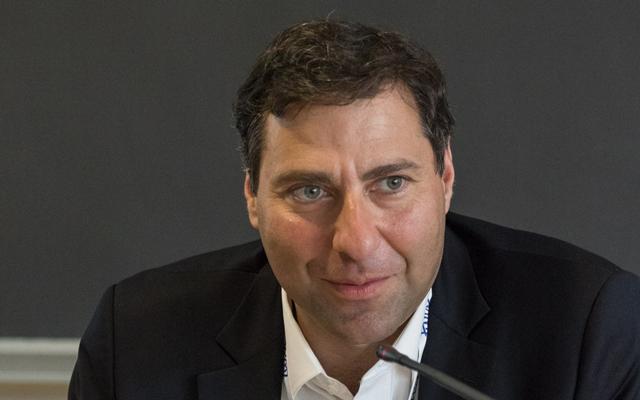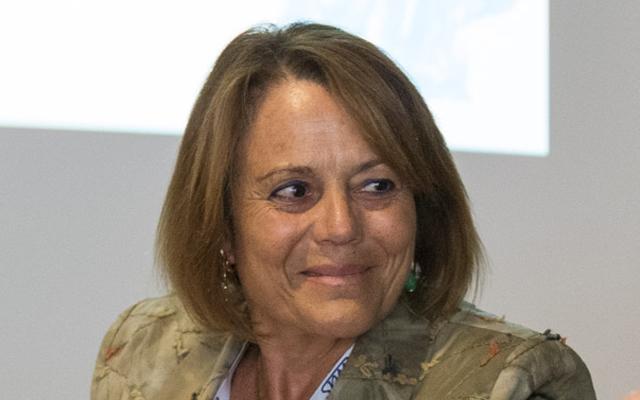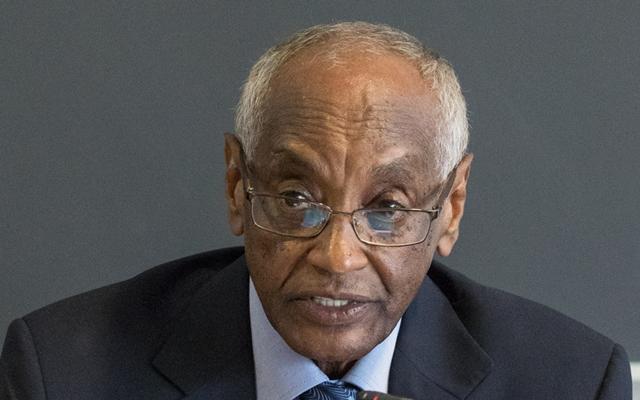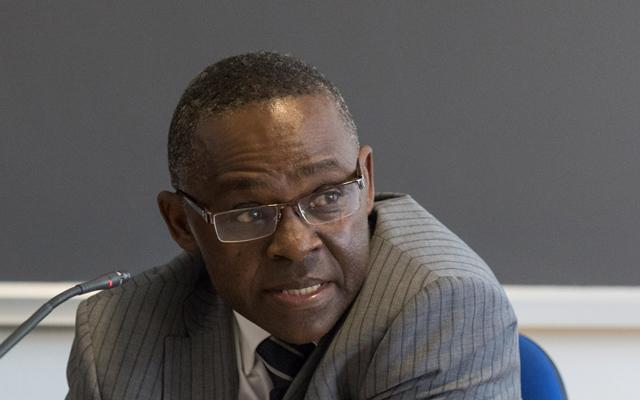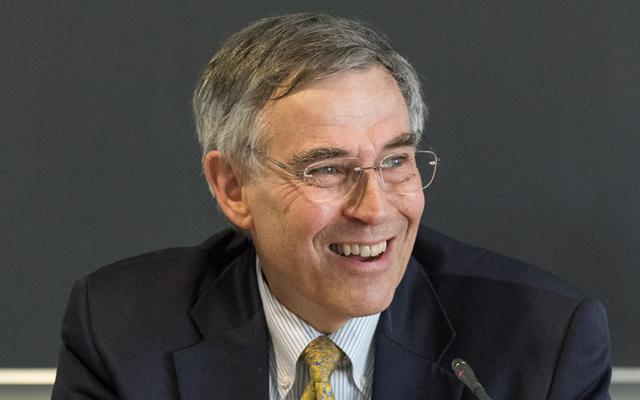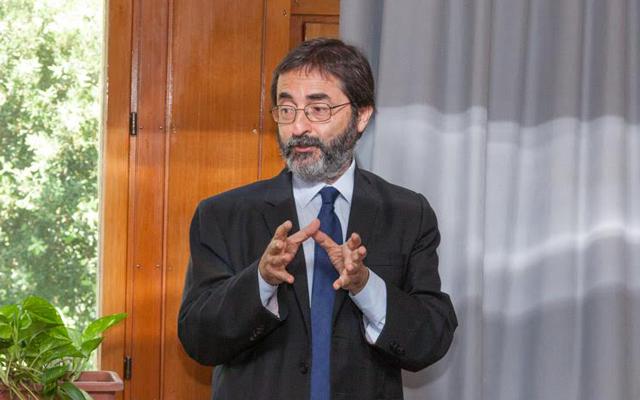
Princess Sumaya bint El Hassan, the president of the Royal Scientific Society of Jordan, and Vaughan Turekian, science and technology adviser to the U.S. Secretary of State, are among the global science leaders speaking at the third AAAS-TWAS Summer Course on Science Diplomacy, which is engaging about 30 participants from developing countries from 11-15 July.
The workshop in Trieste reflects the increasing awareness surrounding the important role that science diplomacy is gaining in a complex world, where challenges that cross geographical borders require science and technology. And the summer course offers a very rich programme.
"It is very encouraging that science diplomacy is becoming increasingly well-known and now is widely considered indispensable both in science and diplomacy," says Mohamed Hassan, TWAS's interim executive director. "Certainly science diplomacy is essential for addressing the global challenges of hunger, energy, climate and other areas detailed in the Sustainable Development Goals approved last year by the United Nations."
About 30 participants from 22 nations will attend seminars relating to science, technology, environment and health. Through lessons and discussions they will learn, for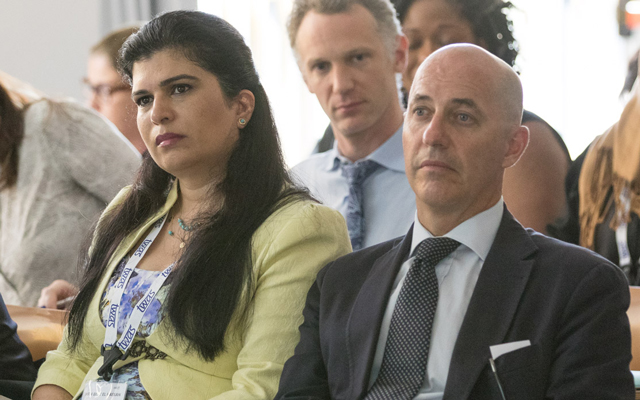 example, about the importance of protecting biodiversity, which is vital for economic and social well-being. Other lessons will include the role of transboundary science with specific focus on Africa, and the importance of international scientific cooperation under political strain.
example, about the importance of protecting biodiversity, which is vital for economic and social well-being. Other lessons will include the role of transboundary science with specific focus on Africa, and the importance of international scientific cooperation under political strain.
"Science can bring people together, as it affects people's lives and environment," said Princess Sumaya during an interview with TWAS. Then she added: "Science knows no borders, no boundaries. And I am priviledged because I am in the position to put science at the forefront in Jordan."
Rush Holt, chief executive officer of the American Association for the Advancement of Science (AAAS) and executive publisher of the Science family of journals, emphasized the value of science diplomacy both for developed and developing nations. “While one may think of science diplomacy as the domain of rich countries with advanced scientific capacities," Holt said, "in fact, the intersection of science and diplomacy may be even more important in developing regions. An indigenous scientific enterprise can lead to better economic development, and interaction of that scientific enterprise with the larger world leads to improved science and to numerous opportunities in international politics and diplomacy."
Participants in the AAAS-TWAS course in science diplomacy include include researchers, scientific advisers, diplomats and science programme managers. They will be exposed to key concepts on the interactions between the scientific and policy-making communities, and will learn how science diplomacy can provide significant benefits to nations and their people. The importance of effective communication also will be a key theme.
This year's course will offer a new activity: a complex, high-stakes role-playing game. "Two neighbour countries will be asked to confront on their local policies regarding conservation, biodiversity, and economic development," said Peter McGrath of TWAS, the course coordinator. "Students, for their part, will have to learn other's perspectives, build trust and share relevant information with colleagues in a timely manner. Different students will play the government's voice, representatives from NGOs, academies and journalists. At certain points, surprises will confront the players, making the whole simulation more realistic to address and solve."
Vaughan Turekian, the science adviser to the U.S. Secretary of State, has been one of globe's leading voices in contemporary science diplomacy. “The institutions of TWAS and ICTP have brought together some of the best minds from the South, the North, East and West to push the fronts of knowledge to make the world a better place," he said. In this position, he added, "I have been awed by the creativity, innovative spirit and inspiring examples of how scientists, engineers, and innovators from around the world are working on the science and technology that can help achieve the Sustainable Development Goals.”
At the opening ceremony, held in the crowded Giambiagi Room at the Abdus Salam International Centre for Theoretical Physics (ICTP) in Trieste, Italy, welcome addresses were given by: Mohamed Hassan, TWAS; Annapaola Porzio, Prefetto of Trieste; Fernando Quevedo, director of the Abdus Salam International Centre for Theoretical Physics; Rush Holt, chief executive officer of AAAS and executive publisher of the Science family of publications; and Romain Murenzi, Director of the Division of Science Policy and Capacity Building in UNESCO's Natural Sciences Sector. Turekian and Princess Sumaya both delivered a keynote address. Minister plenipotentiary Fabrizio Nicoletti, head of the Italian Ministry of Foreign Affairs' (MAE) Bilateral and Multilateral Scientific and Technological Unit, was in the audience.
Cristina Serra


